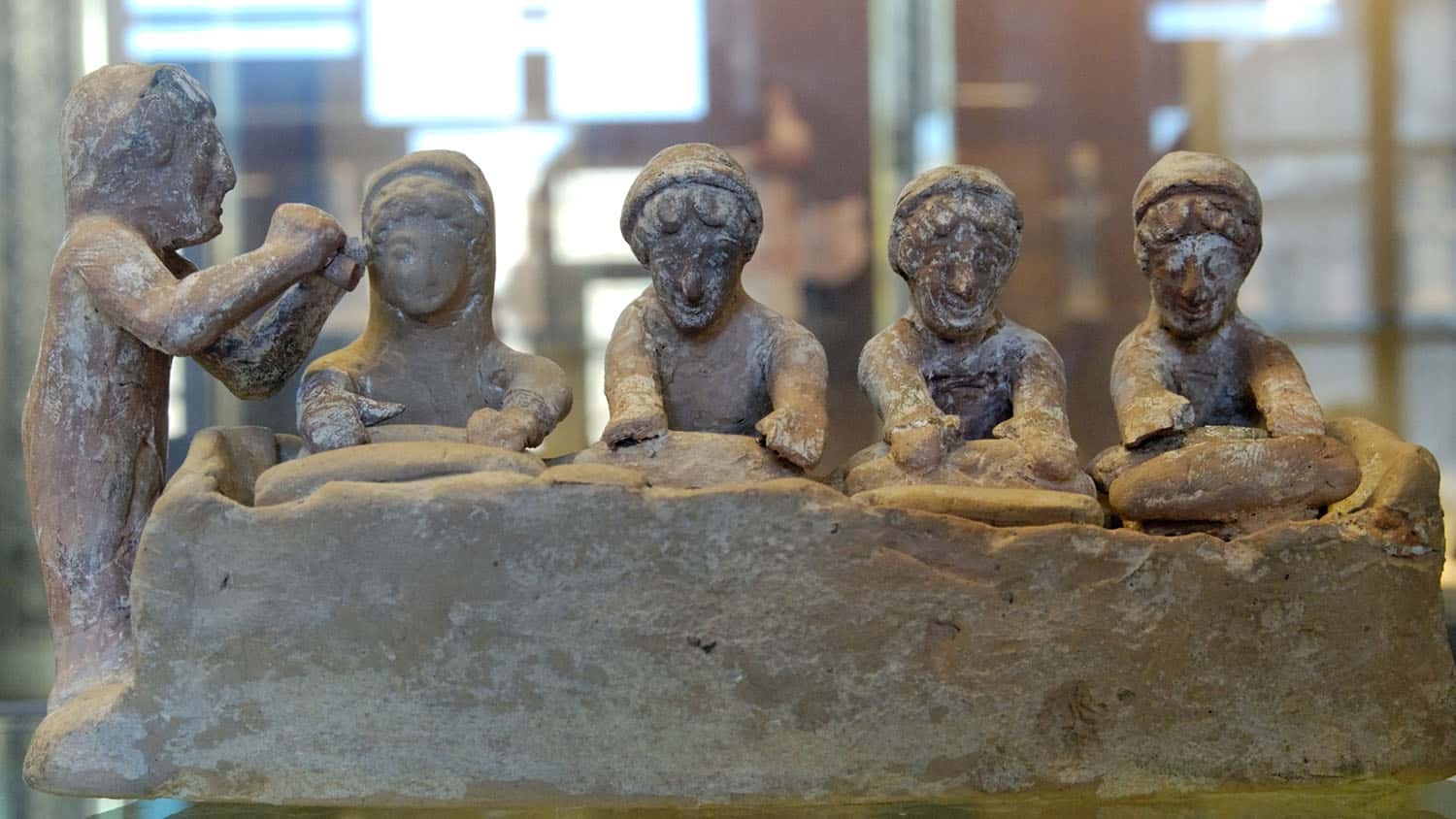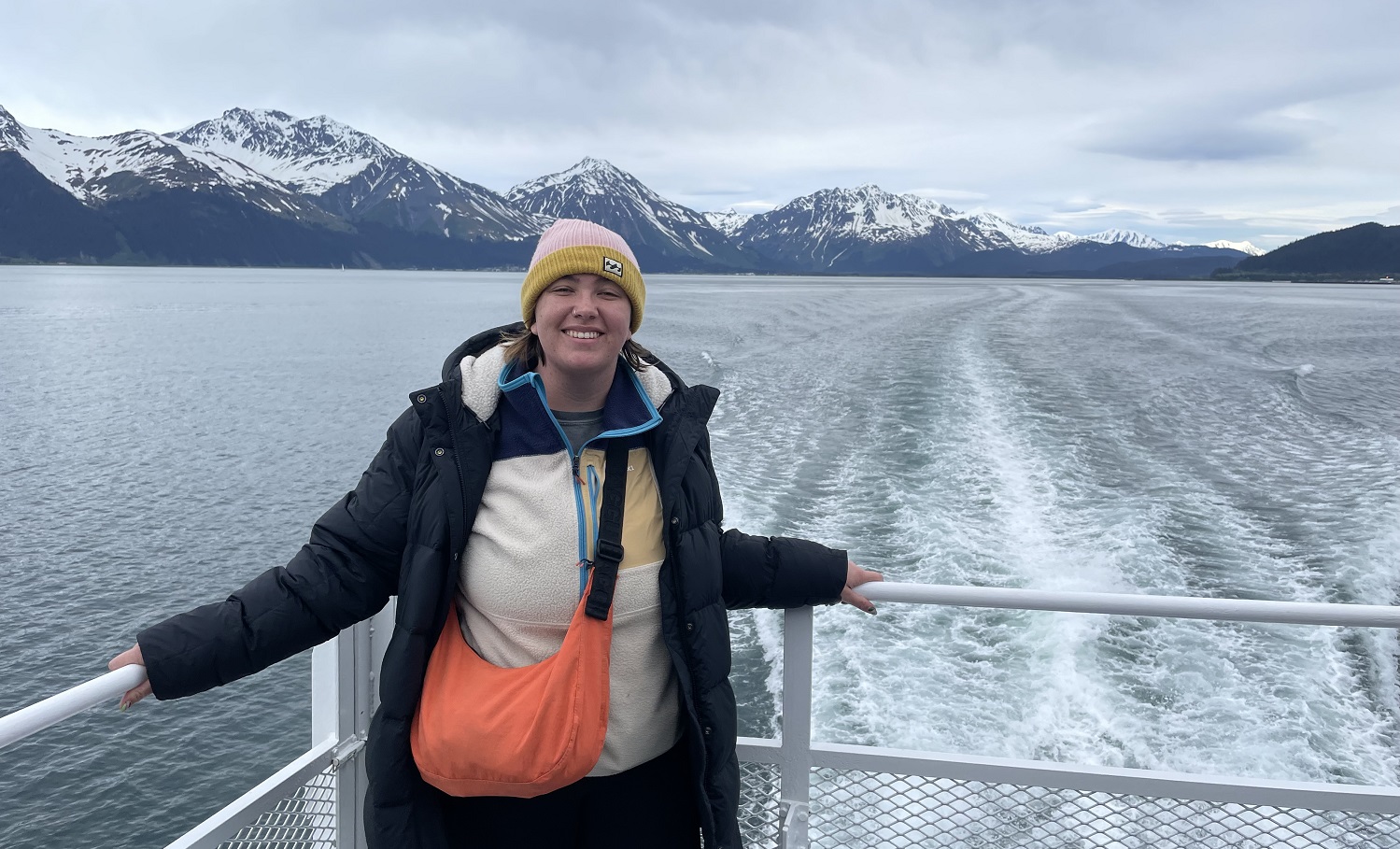Partnering to Preserve North Carolina’s African American Heritage
Graduate students in Dr. Alicia McGill’s Cultural Resource Management (CRM) graduate seminar recently partnered with the NC Historic Preservation Office on a project in which they researched, collected and documented invaluable archival, bibliographic, and observational information, as well as oral histories about African American cultural heritage and historic preservation issues in multiple North Carolina communities. Many departments were represented in the CRM seminar student makeup including History, Sociology, Anthropology and Parks, Recreation and Tourism Management.
The Green Books Were Their Guide
During the Jim Crow era, businesses that served African Americans were few and far between. Victor H. Green, an African American postal employee, developed guidebooks that highlighted businesses welcoming to African Americans. These guidebooks – “The Negro Motorist Green Books” – published from 1936-1966 also served as the students’ guide on this project. They researched and produced reports on the current status and cultural history of almost 300 properties in 34 different North Carolina counties listed in the Green Books.

After first compiling a master list of structures, students determined whether they are still standing and assessed what role these spaces played in the cultural development and history of specific communities. They examined the broad impacts of racial discrimination, inequality, and segregation, including how these realities affected the lives and practices of African Americans.
The reports the students produced will contribute insight about significant historical, cultural, economic, and political events and issues in the state. The students presented their work in a reception held at the Mordecai Historic Site Visitor’s Center. Final reports were shared with the NC HPO and community actors and institutions they engaged with. The reports will be a resource for the NC HPO for assessing the significance and status of historic properties in North Carolina – particularly those in previously ignored minority neighborhoods – and identifying needs for future studies.
Paving the Way for Future Preservation Efforts

Due to limited resources, studies like these are integral to the research and programmatic missions and efforts of the NC HPO. As Dr. Alicia McGill explained, “We hope that the reports the students produce will not only be a starting point for communities, scholars, and the NC HPO for future research, but that this project will be a primary source to document historically significant structures in minority neighborhoods that lack the resources to do it themselves as a first step towards future preservation efforts.”
Connecting with Neglected Communities to Expand the History of African American Heritage
The Green Books project brought home the impact of the Jim Crow Era on the cultural and legislative practices on the built environment and the lives of African Americans but also revealed the cultural resilience of African American communities. As students gathered information by traveling directly to counties where the properties were located and working closely with historical societies, libraries and individuals, they discovered that approximately 93% of the buildings are no longer standing. As one student commented, “I had thought some previously about the destruction/neglect of minority heritage (built and not) and it was really fascinating to actually see its impact on the physical environment right in our ‘back yard.’” While conducting research in Raleigh, another student realized that “there exists a strong community in Raleigh that I did not really know much about, and I think having a firm grasp of the different threads of an area’s history is crucial. Not just for an individual level of knowledge, but for keeping a certain narrative alive.”
This project would not have been possible without the resources and intellectual support of The North Carolina Historic Preservation Office and specifically Claudia Brown, Branch Supervisor and Architectural Survey Coordinator for the Survey and National Register Branch, The College of Humanities and Social Sciences Office of Research and Engagement, which provided $500 to support student travel, The Department of Sociology and Anthropology which provided financial support for student travel, The Department of History which paid for the food for the reception, and Troy Burton, Public History PhD student and Historic Resources and Museum Program Administrator for the City of Raleigh Parks, Recreation and Cultural Resources branch. The City of Raleigh Parks, Recreation and Cultural Resources branch provided an in-kind donation from the City of Raleigh to use the Mordecai Historic Site Visitor’s Center.
- Categories:


